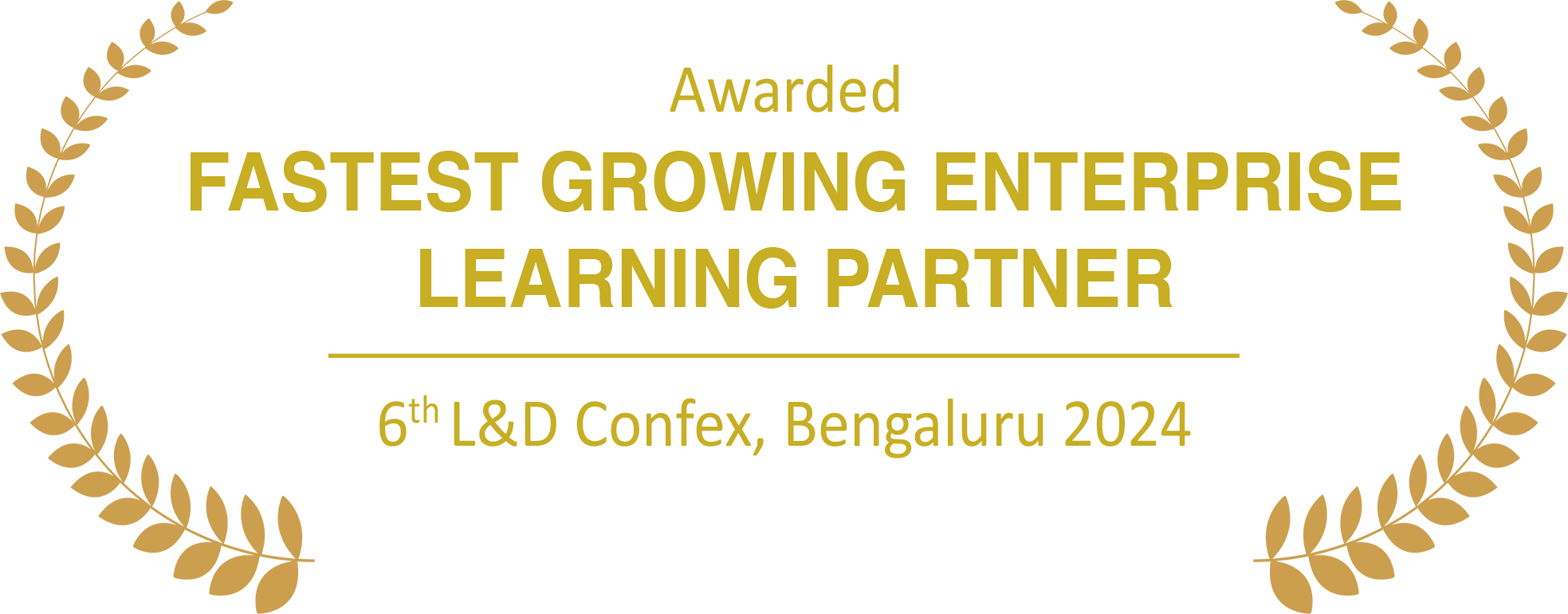
Overview
MOS210 Mirantis OpenStack (MOS) for Kubernetes is designed to rapidly familiarize operators with the architecture and configuration best practices of Mirantis OpenStack deployed on Kubernetes infrastructure. Participants will gain hands-on experience in deploying, configuring, and managing OpenStack services within a Kubernetes environment.

Objectives
By the end of this course, leaner will be able to:
- Understand the components of the MOS infrastructure stack.
- Access OpenStack APIs using various methods.
- Configure and customize OpenStack parameters.
- Perform updates to the OpenStack version in a live environment.
- Execute common OpenStack operations tasks, such as database backups.

Prerequisites
- Basic knowledge of Linux operating system.
- Understanding of virtualization and containerization technologies.
- Familiarity with Kubernetes API and CLI.
- Knowledge of Helm and Helm charts.
- Experience with Mirantis Kubernetes Engine (MKE) and OpenStack.

Course Outline
- Overview of Mirantis OpenStack (MOS) architecture.
- Understanding the integration of MOS with Kubernetes infrastructure.
- Importance of MOS for containerized environments.
- Exploring the key components of the MOS infrastructure stack.
- Understanding the role of each component in deploying and managing OpenStack services.
- Overview of Kubernetes resources utilized by MOS.
- Methods for accessing OpenStack APIs running on MOS.
- Utilizing command-line tools and web interfaces to interact with OpenStack services.
- Demonstrating API access for provisioning and managing resources.
- Customizing OpenStack parameters to tailor the deployment to specific requirements.
- Exploring tunable parameters and their impact on MOS performance and functionality.
- Hands-on exercises to configure and update OpenStack parameters.
- Procedures for updating the OpenStack version within a live environment.
- Best practices for planning and executing version upgrades.
- Testing and validating the upgraded OpenStack deployment.


 Projects
Projects Assignments
Assignments






